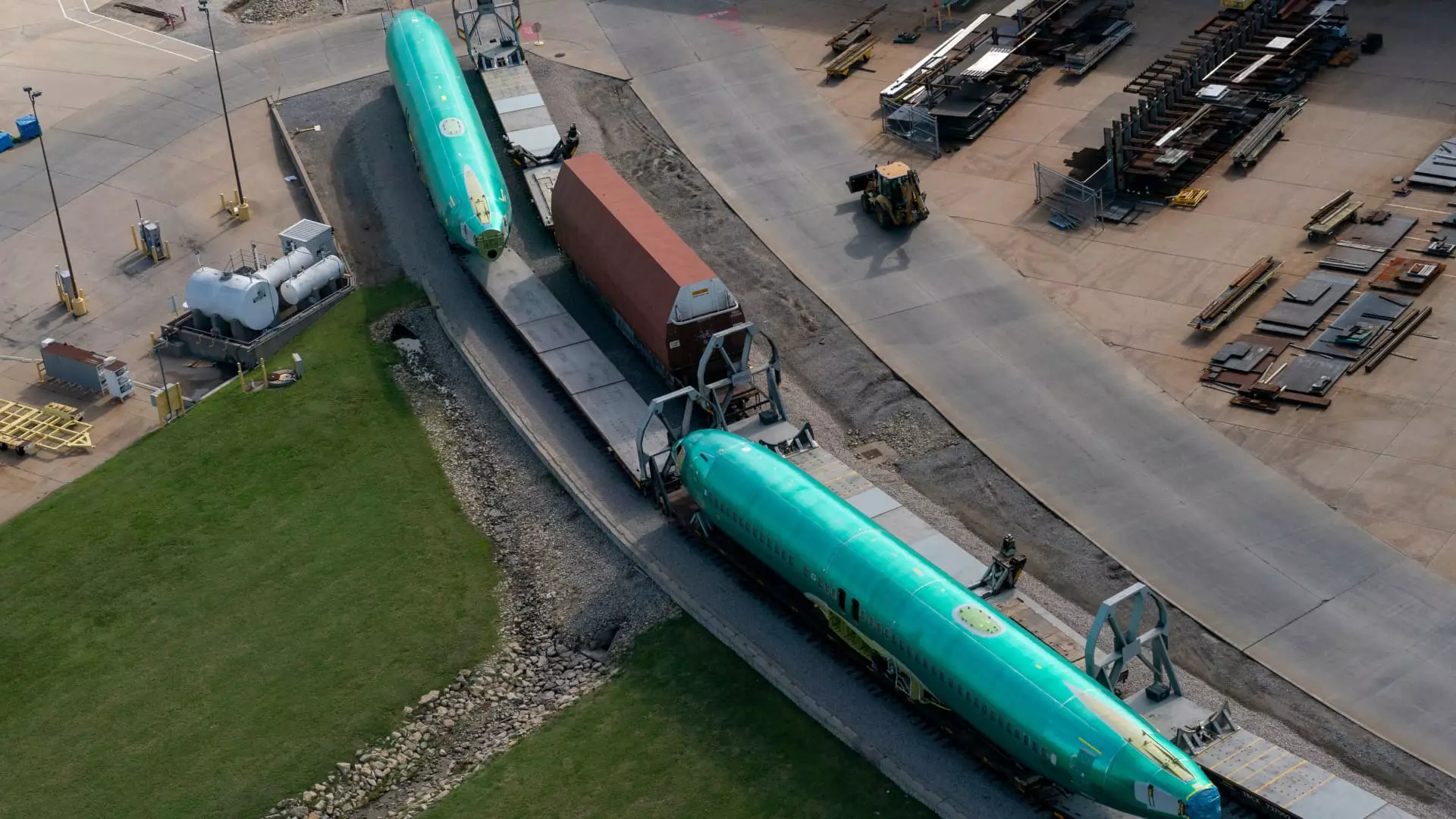The ongoing strike by Boeing machinists has escalated tensions within the aerospace industry, with Spirit AeroSystems at the forefront of the struggle. As the strike approaches its sixth week, the repercussions are becoming increasingly evident. Spirit, a vital supplier of fuselages and other major components for Boeing aircraft, is now considering furloughs or layoffs for hundreds of employees if the situation does not improve by November 25. This highlights not only the immediate effects of the strike but also the larger ramifications on the aerospace supply chain, which has yet to fully recover from previous setbacks.
Spirit has already announced plans to furlough approximately 700 workers at its Wichita, Kansas facilities, with these temporary layoffs potentially beginning as early as next week. Company spokesman Joe Buccino emphasized that while decisions are still under consideration, the looming threat of additional furloughs signals a dire financial situation. The aerospace industry, still wrestling with the economic fallout from the COVID-19 pandemic, finds itself in a precarious position as Spirit reported a staggering third-quarter net loss of $477 million—more than double the losses from the previous year. Such financial strain not only affects the workforce but also raises concerns about the sustainability of the company’s operations.
The current predicament illustrates the fragility of the aerospace supply chain. Manufacturers like Spirit have been hesitant to cut jobs, mainly due to their previous experiences of workforce reductions amid the pandemic. However, the ongoing strike has exacerbated supply chain vulnerabilities, making it increasingly clear that reliance on single customers, particularly in the case of Spirit with Boeing, poses significant risks. A breakdown in communication and operational alignment between manufacturers and suppliers can have cascading effects throughout the industry, crippling production rates and extending lead times for key components.
Looking forward, the implications of the Boeing machinists’ strike are multifaceted. Boeing’s new CEO, Kelly Ortberg, has acknowledged the urgency of resolving the dispute with the machinists’ union. This urgency stems not only from the immediate financial liabilities faced by Boeing but also from the potential long-term consequences for its suppliers like Spirit. As negotiations are expected to resume, both parties face mounting pressure to reach a mutually beneficial agreement. The outcome will be pivotal in determining if furloughs will further escalate, or if the labor force can return to normalcy, enabling the recovery of the affected sectors.
Spirit AeroSystems finds itself navigating a complex landscape fraught with challenges stemming from the Boeing machinists’ strike. The prospect of furloughs and layoffs accentuates the urgent need for resolution and highlights the vulnerabilities pervading the aerospace supply chain. As industry leaders strive for stability, the outcome of negotiations will have lasting implications not only for Boeing and Spirit but also for the broader aerospace ecosystem still reeling from past adversities. The next few weeks will be crucial for all stakeholders involved as they work towards a coordinated recovery strategy.

